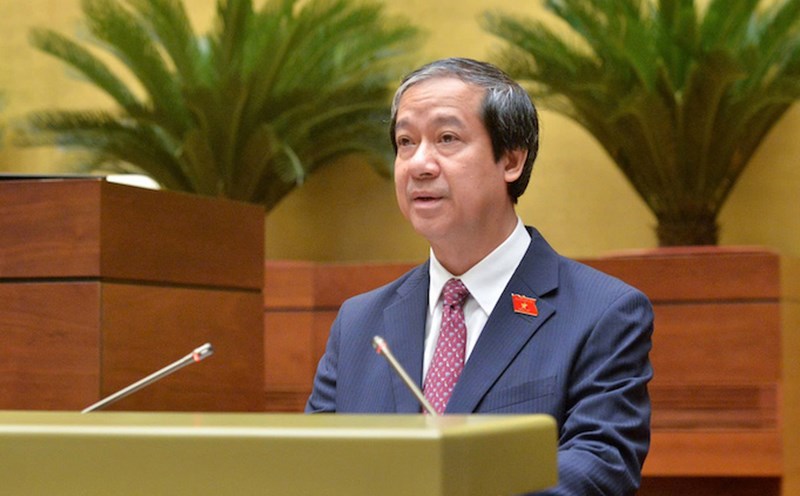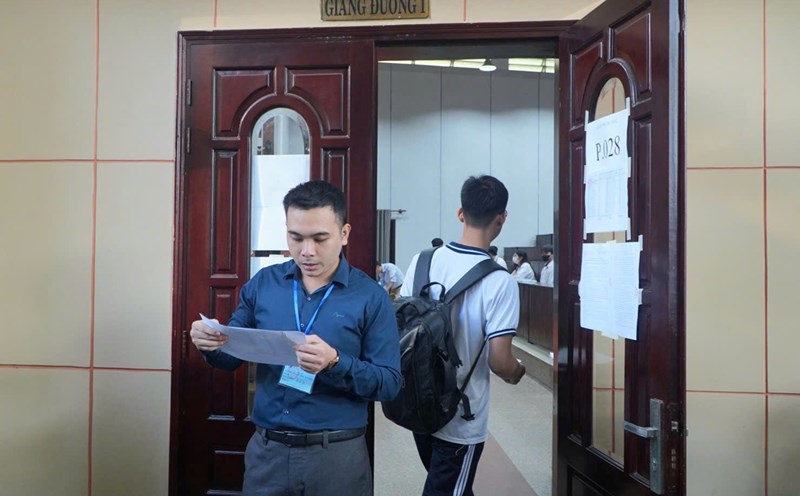The Minister of Education and Training Nguyen Kim Son Thua authorized the Prime Minister to present a report on the draft Resolution of the National Assembly on the universalization of preschool education for kindergarten children from 3 to 5 years old at the 9th session, the XV National Assembly, on the morning of May 22 is a step forward in the field of education.
In the context of the rate of mobilizing 5-year-old children has reached nearly 100%, but many children aged 34, especially in disadvantaged areas, have not yet accessed preschool education, so determination to popularize early is necessary and urgent.
Unlike general education levels that have long been heavily invested by the State, preschool education is often considered a "support", "the main focus of children".
This awareness makes the policy for preschool children and preschool teachers still limited. Up to now, the new Education Law has only issued pho thong at the age of 5, while many countries have started to popularize from the age of 3, or even earlier.
If it does not change, we will miss the golden period in the development of children's intelligence and personality - which scientists affirmed was mainly formed in the first 6 years of life.
Population from the age of 3 is not just an early education issue. This is also a policy that clearly demonstrates the view of narrowing inequality from the root.
Children in remote areas, children of workers in industrial parks, arrived workers in large cities... are the most vulnerable groups if preschool education continues to be "voluntary" as it is now.
A child in the city can attend international kindergartens, while a child in the highlands cannot attend a preschool class. That difference not only creates a gap in learning but also regenerates social injustice in the future.
However, to make popularization truly meaningful, it is necessary to overcome the popularization of the style of having classes and schools.
The National Assembly Resolution only promotes its effectiveness when accompanied by a synchronous policy system: increasing investment in infrastructure in disadvantaged areas, supporting disadvantaged children, and especially substantial incentives for preschool teachers.
We cannot expect a fair education system if teachers still suffer the most in terms of income, work intensity and promotion opportunities.
Another problem is that universal preschool education cannot succeed if it only relies on the state budget. Socialization policies and investment incentives for private investment must be designed appropriately and focused, avoiding the situation of urban areas having more than public schools, while areas with difficulties are left empty-handed.
The Government was right in choosing the proposal to issue the National Assembly Resolution as a stepping stone, before in time to comprehensively amend the Education Law. That shows flexibility and determination in promoting a fundamental policy.
Because popularizing preschools from the age of 3 is not only about expanding the number of years of schooling, but also opening the earliest door to fairness for every child, in all regions and circumstances.
And it is from this starting point that we can build an education that leaves no one behind.











